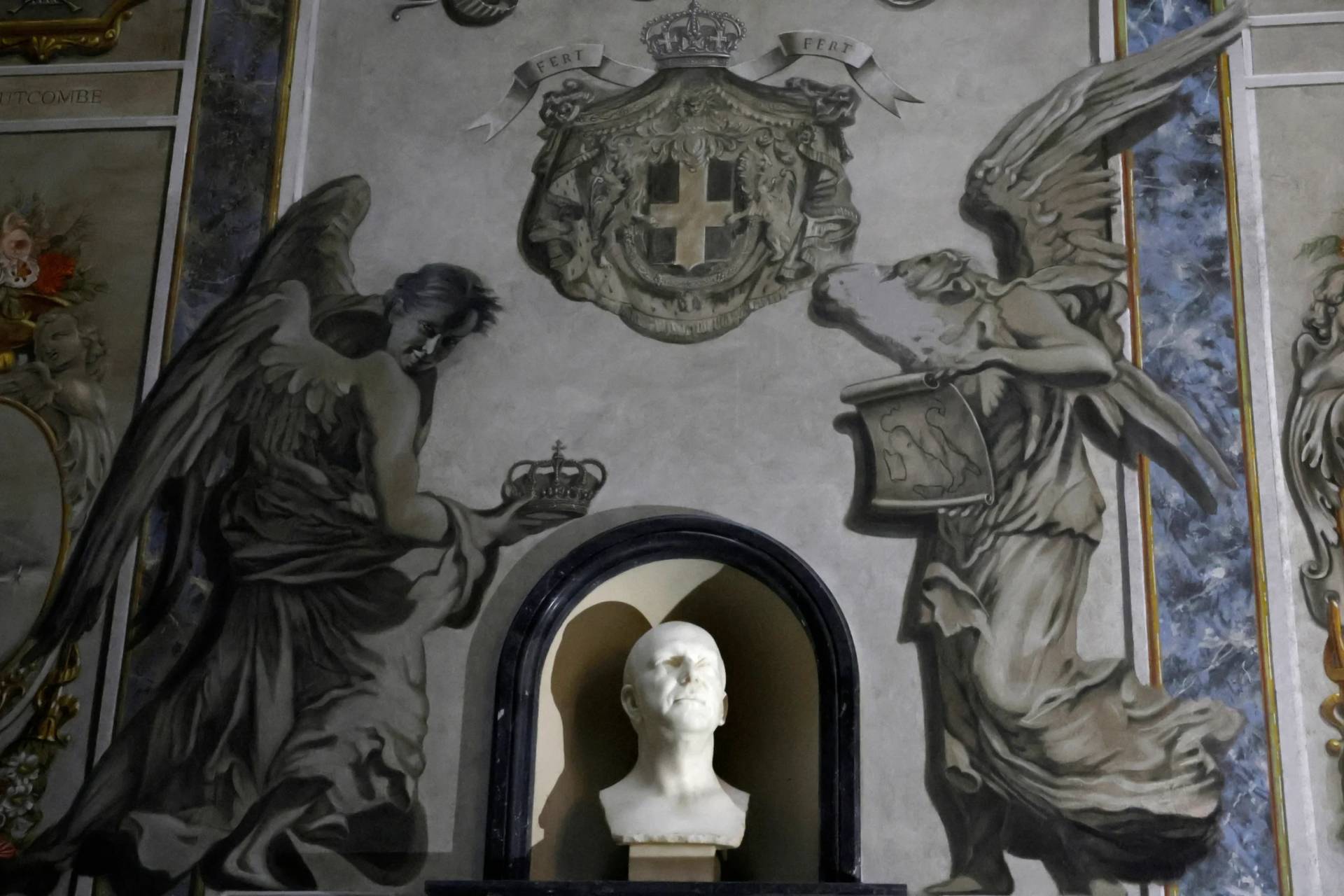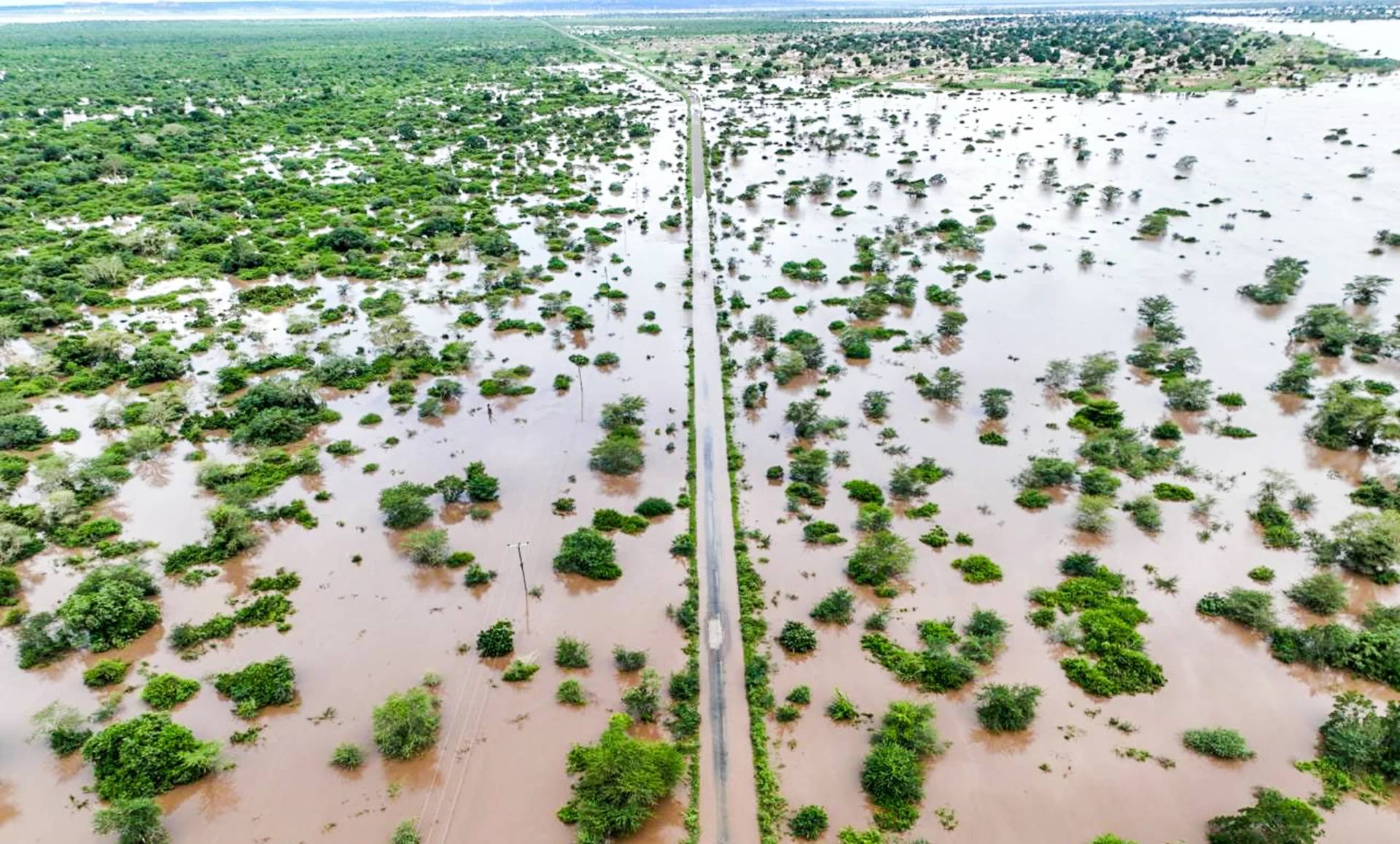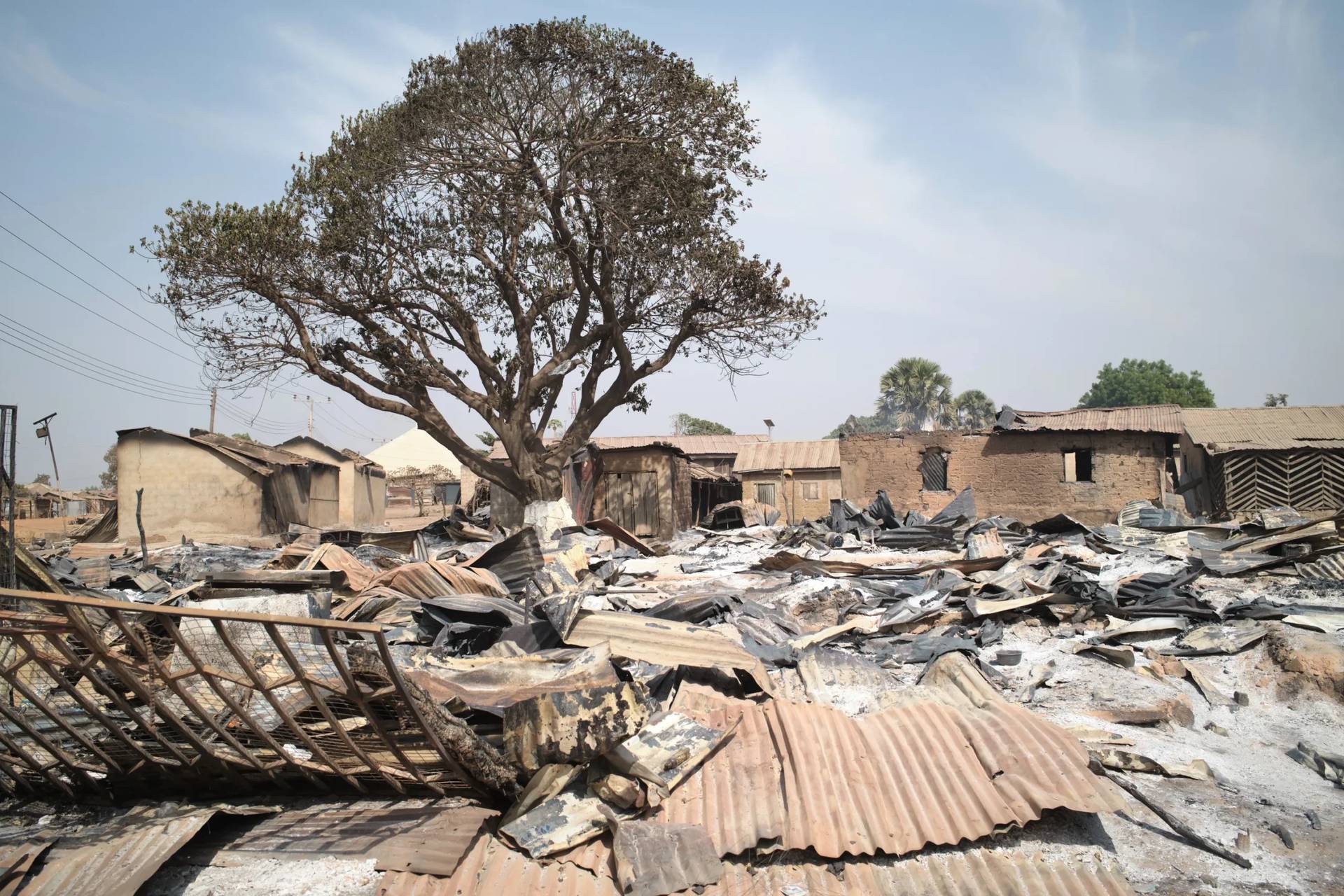YAOUNDÉ, Cameroon – This year, the Catholic Youth Network for Environmental and Sustainability in Africa (CYNESA) based in Kenya is celebrating its tenth anniversary.
The network works to implement Pope Francis’s Laudato Si’ encyclical across Africa. Speaking with Crux, CYNESA Director Allen Ottaro addresses the devastating impacts of climate change in Africa, a continent that loses $7 billion to $15 billion to climate change every year.
He suggests ways by which Africa can draw benefits from the energy transition, addresses issues around the much-hyped loss and damage fund and explains how African youths under CYNESA are working to safeguard the planet.
Following are excerpts of that conversation….
Crux: CYNESA is celebrating its 10th anniversary this year. What would be the highlights of this year’s event?
Ottaro: From May 2024 to May 2025, CYNESA marks its 10th anniversary. It is a moment of celebration and thanksgiving for the young people that are part of the network, but also for our partners who have accompanied and journeyed with us over the past decade.
We have just concluded our Laudato Si’ Youth Assembly in Nairobi, May 30 to June 1, which brought together about 100 young people from Kenya, Tanzania, Uganda, Zambia, Zimbabwe, South Africa, Ghana, Rwanda and Cameroon, marking the start of the anniversary year. We also launched our new logo, and next we look forward to having regional capacity building workshops for our chapters, focusing on Catholic Social Teaching, environmental policy and tree growing activities carried out by our chapters.
Walk us down to ten years ago. What inspired the setting up of this youth movement?
The inspiration to set up CYNESA was borne out of my personal experience growing up. In my hometown of Njoro, about 160 kilometers from Nairobi, on the margins of the Mau forest complex.
I witnessed the gradual destruction of the forest for commercial purposes and the consequences that resulted, primarily water scarcity and reduced food production. Years later, as I understood Catholic Social Teaching and how it calls us to live our faith in the social sphere, coupled with my experience as a volunteer in youth and young adult ministry, I invited a few young Catholics from Kenya, Zambia, Zimbabwe, Tanzania, Ethiopia, South Africa and Rwanda, to join together and establish what is now CYNESA
Ten years down the line, what ground would you say you have covered in terms of projects protecting ‘our common home?
In the last 10 years, we have managed to establish CYNESA chapters in about 10 countries: Kenya, Tanzania, Rwanda, DRC, Cameroon, Ghana, South Africa, Zimbabwe, Zambia and Uganda, reaching thousands of young people and accompanying them to discover their vocation on care of our common home through formation and awareness creation.
We have also built the capacity of young people from Africa to engage robustly in global environmental policy making spaces, such the United Nations Environment Assembly (UNEA), the UN Convention on Biodiversity (CBD), the UN Convention on Climate Change (UNFCCC), and the UN Convention to Combat Desertification(UNCCD), all important in shaping the discourse on critical environmental issues across the globe.
CYNESA chapters have also been successful in implementing tree growing projects – our Uganda chapter has in the last few months nurtured and planted about 20,000 seedlings and aim to plant 50,000 more by the end of the year. Our Ghana chapter ran a very successful “Green Lent” campaign and mobilized youth in Accra to clean up the beach.
Our colleagues in Cameroon and Rwanda have created massive awareness about plastic pollution, and ran PET recycling projects to address the plastics menace, while CYNESA Tanzania has partnered with Catholic radio stations to prepare programs on Laudato Si’, as a way of creating awareness among the lay faithful on this important issue. These are just examples of the incredible work that young Catholics have initiated.
The 10th anniversary comes at a time the African Development Bank reports that Africa loses $7 billion to $15 billion yearly to climate change. How concerning is this kind of statistic to you?
This statistic is alarming to me particularly because 33 of 45 countries designated by the United Nations to be Least Developed Countries, are in Africa.
These countries are also home to the largest population of young people on the continent, meaning that those impacted most by direct impacts of climate change, and the socio-economic losses, are young people, majority of whom are unemployed.
It creates a vicious cycle of inequality and inter-generational inequity and fuels the desire among young people to leave the continent by any means, making them vulnerable to human trafficking. It is a serious situation of injustice and endangers the future of the continent.
Give us an idea of how Africa has been paying the heavy price for man’s incapacity to properly care for “our common home.”
East Africa has in the last few weeks experienced devastating flooding resulting in loss of hundreds of lives, hundreds of thousands displaced and loss of livelihoods. Kenya’s National Disaster Operations Centre reported that by the end of April, some 4,824 livestock had died, 27,717 acres of cropland damaged, 264 small businesses and 24 schools affected.
The Prime Minister of Tanzania in an address to parliament on April 25th, indicated that 200,000 people and 51,000 households had been affected by rains and flooding since January. During the same period, Southern Africa countries, Malawi, Zambia and Zimbabwe declared national disasters as a result of drought, with Malawi requiring emergency aid to address famine of up to 200 million US dollars.
These are not just numbers, but statistics that speak to human lives and personal stories of individuals and families who are not sure about their ability to find food the next day. It is the cry of the earth and the cry of the poor.
There is a lot of talk these days about the energy transition, and Africa, with its wealth of critical minerals would be critical to that transition. What do you think African countries need to be doing to draw maximum benefit from that transition?
I think African countries need to ensure that technology transfer is a priority. Rather than the critical minerals leaving the continent for processing in the global north, we need to set up industries right here on the continent, train our young people and provide jobs ad value chains for our communities so that the transition begins here where the impacts of the climate crisis are most devastating.
Additionally, and perhaps more critically, the rights of communities where these critical minerals are located need to be paramount and respected and need to derive the most benefits from any profits out of the transition.
Various COPS have talked up the idea of a Loss and Damage Fund. In your opinion, do you think that developed countries are doing enough to address this issue?
Developed countries are not doing enough to advance the Loss and Damage fund. The pledges made at COP28 in Dubai were a drop in the ocean, compared to the devastation that is visiting the global south in terms of the climate crisis.
While the pledges themselves are a pittance, they are also not honored in a timely fashion or not at all. We have seen more money been channeled to fund conflicts and rescue the financial sector than what is required to address loss and damage, a clear indication of the lack of political will to address this issue. This situation must change and the role of civil society and faith-based organizations is important in holding institutions and governments responsible to account.
As CYNESA celebrates its 10 years of existence, what might have been the challenges you faced and how did you manage to overcome them?
The main challenge we have experienced is lack of sufficient resources to reach more young people across Africa.
The continent is vast and diverse and requires a lot of effort to traverse. By God’s grace we have managed to count on the dedication and commitment of young volunteers and a number of partners to advance our mission, stretching the available resources as much as possible.
In some instances, we have also encountered indifference to the message of Laudato Si’, and a lack of interest from some clergy. However, we have found some champions as well, such as the Apostolic Nuncio to Kenya, Archbishop Hubertus van Megen, Bishop James Maria Wainaina of the Catholic Diocese of Murang’a, Bishop Henry Mchamungu, Auxiliary Bishop of Dar es Salaam, Father Paul Igweta, Coordinator of the Department for Promoting Integral Human Development at AMECEA and Father Joshtrom Kureethadam of the Dicastery for Promoting Integral Human Development at the Vatican, just to mention a few. They have journeyed with us and motivated us to continue on this path.
Where do you envisage CYNESA in the next ten years?
I hope that in the next ten years, our existing CYNESA chapters will be stronger and have a presence and programs in every diocese in their respective countries. It is our desire to expand our presence across Africa and with God’s help, establish at least 30 more CYNESA chapters, ensuring that young people are tackling the ecological crisis in a manner that also responds to socio-economic conditions of their communities such as poverty and unemployment, and therefore enhancing human dignity.
Are there any issues you think we should address that I have not raised?
The current generation of young people in Africa is the most educated and most connected generation.
They are full of talent, innovation and energy which if harnessed and channeled in the right way, will contribute to resolving many of the challenges that our communities in Africa face.
We need to continually invest in them and their institutions.













